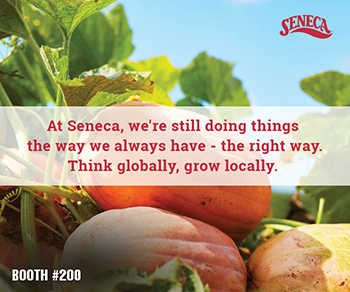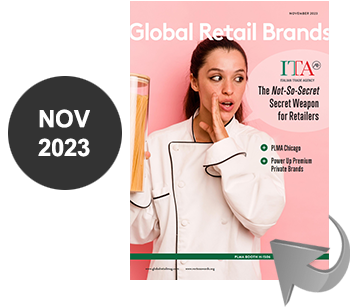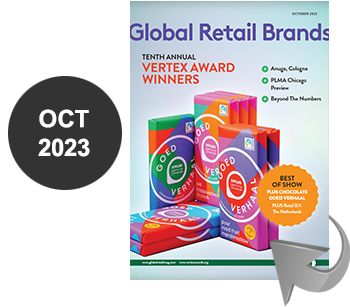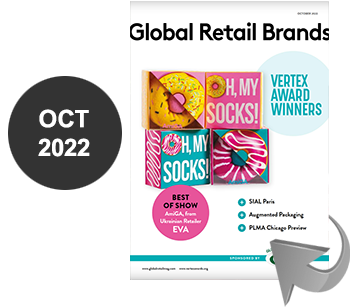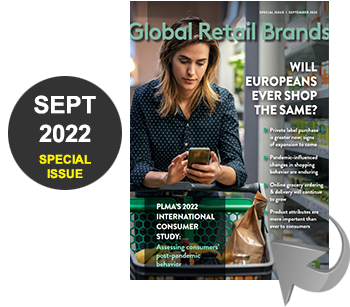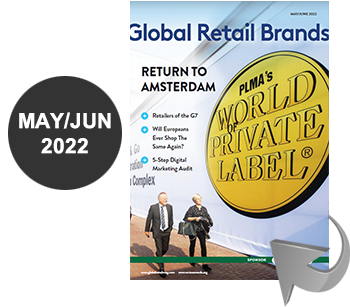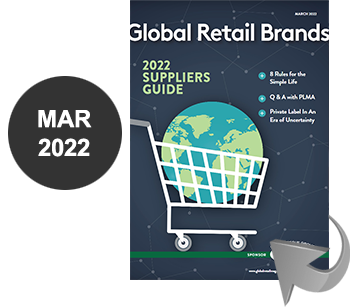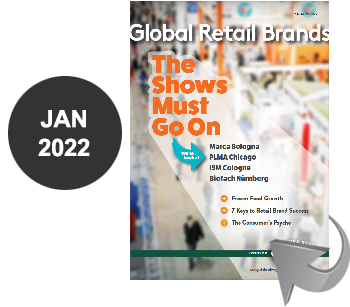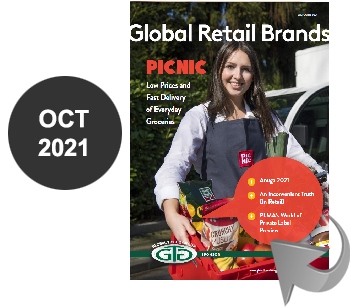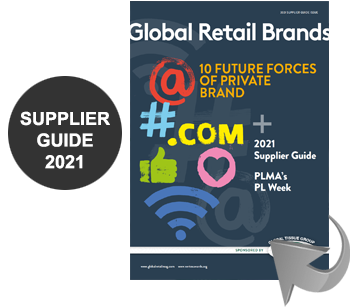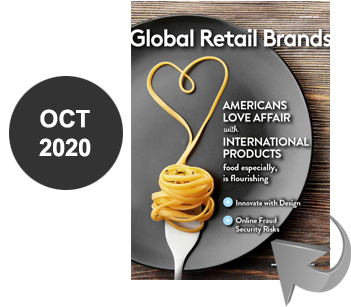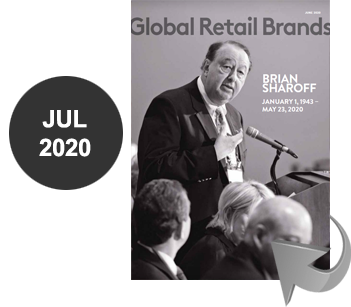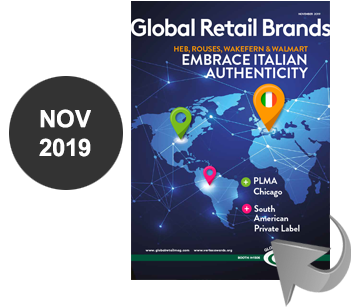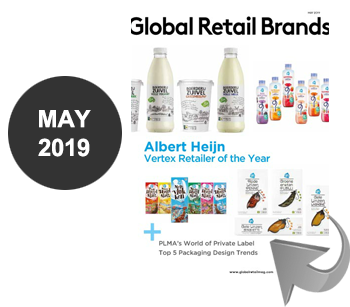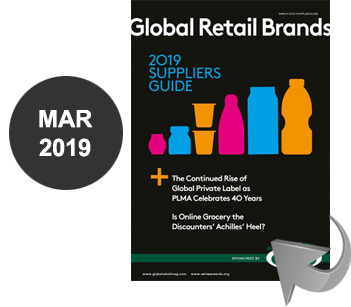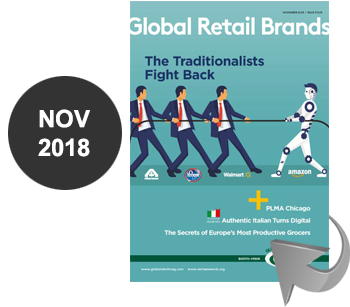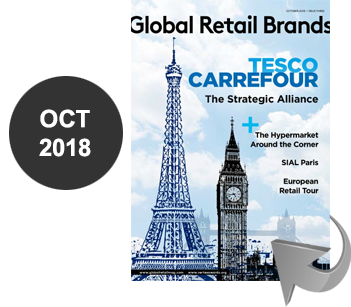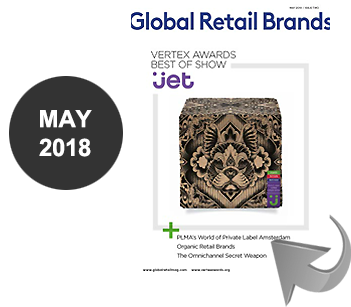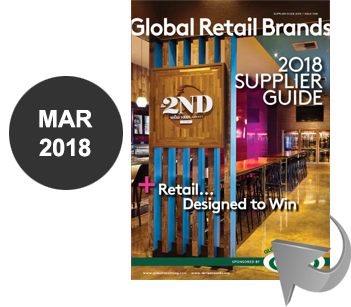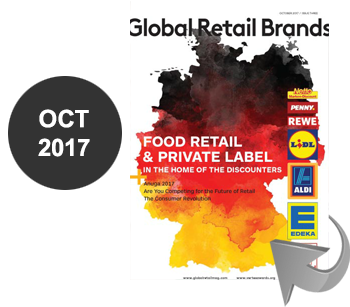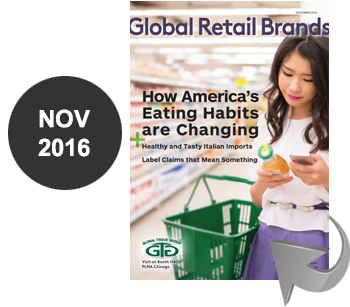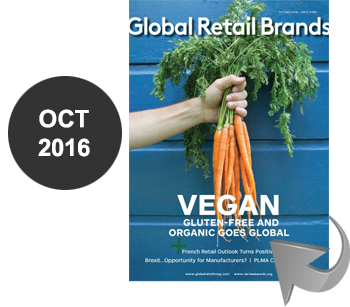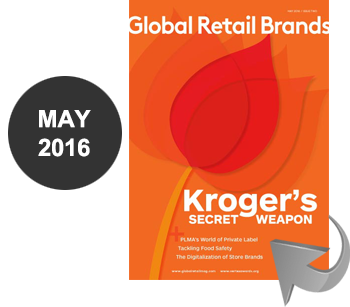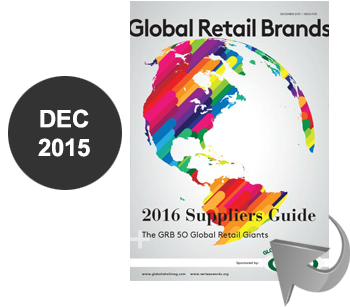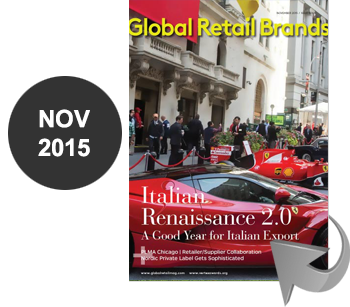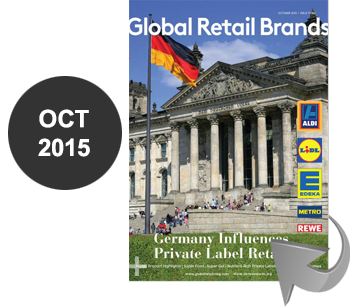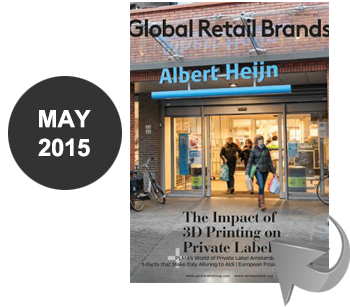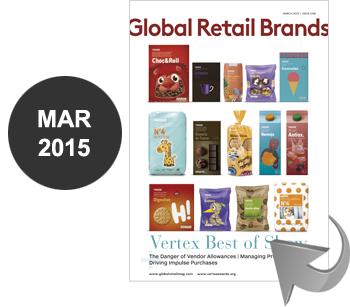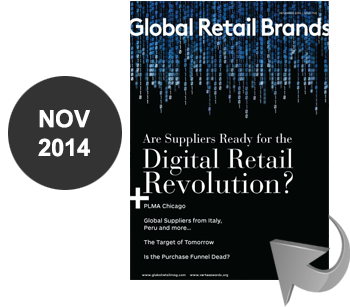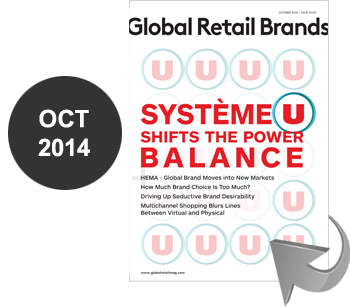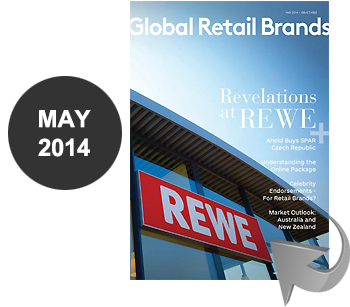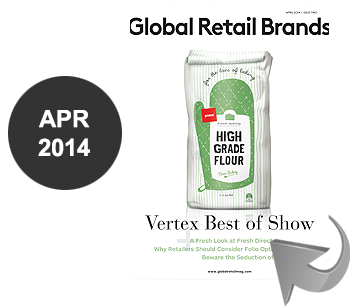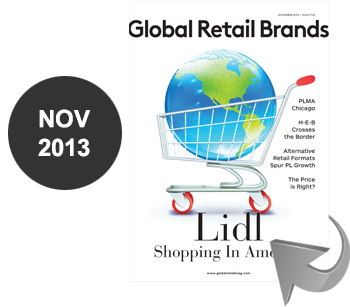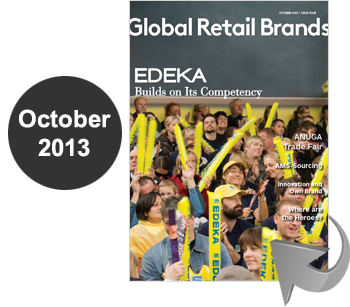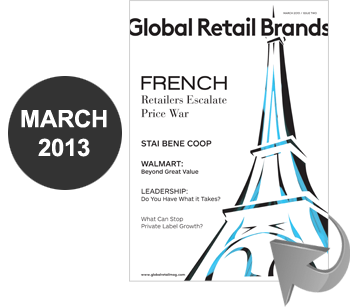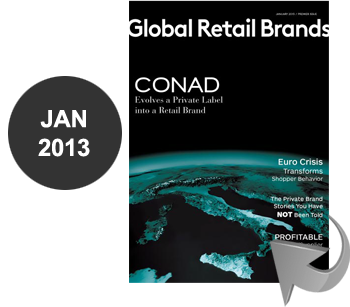
By / Perry Seelert
Simplicity and things that are simple are embraced by consumers today, and it is no wonder why. Literally everyone feels his or her life is too hectic, overwrought by schedules, overrun by trying to achieve work-life balance, overtaken by an array of products that are not intuitive and foods that are too complex.
Today, less is truly more, and the consumer seeks simplicity at virtually every turn. For retailers and FMCGs that are research-driven and looking to uncover consumer desires, frustrations and beliefs, the need for simplicity is seen in their qualitative focus groups, and many have taken it to heart.
My observation within retail is that many retailers have already latched on to this consumer truth, and they are saying it quite literally in their marketing and brand nomenclature. But bringing “simplicity” or “simple” to life can be more than just saying it and pasting it overtly within your brand naming.
Just look at the “simplicity”, “simple” and “simply” branding rage over the last couple years within retailer brands.
Aldi just launched “Simply Nature” and Target just restaged “Simply Balanced”. Stop & Shop and Ahold USA just launched “Simply Enjoy” and Kroger launched “Simple Truth”.
And let’s not forget “Simply Less” (Coles Australia), “Simply Valu” (Cash ‘n Carry), “Simply Right” (Sam’s Club/ Walmart), “Simply Nourish” (Petsmart) and Simply Chardonnay (Tesco). Please don’t write me if you identify another, as these are just the ones I have seen.
The FMCG brands are no exception here, with Simply Orange, Pillsbury Simply, Simply Organic, Keebler’s Simply Made and many others. It is “Simply” too much!
We could probably have the same conversation about the words “honesthonestly” and “basic-basically” too, but we will leave that for another day!
The retailer and own brands of the future don’t just follow branding trends, they lead them and exploit the idea beyond just the brand name, and what it says. Ikea is a retailer that is built on simplicity, yet rather than it translating just to what they say, it comes to life through their packaging, materials, and most of all through their step-by-step instructions. Consumers’ heads spin when it comes to complex instructions where there is always a part or step missing, and Ikea leveraged that throughout their whole product strategy.
Nest, which was just purchased by Google, is brand that is also built on a beautiful simplicity, whereby mundane products like smoke detectors and thermostats don’t have to be such ugly anchors in the home. Their simplicity is ringing true through the product’s design, and it is no accident that Google, a brand also echoing simplicity, was the purchaser.
Simplicity can be executed and come to life at retail through various ways – through product assortment at shelf, at the in-store checkout, and through e-commerce. The idea of simplicity is still one to be leveraged, through retail and through retailer brands, but you don’t necessarily have to embed it into your verbal language so literally. You will be better to give it meaning in many more ways in the store that your shoppers and consumers value even more than the name itself.
Perry Seelert is retail branding and marketing expert, with a passion for challenging conventional strategy and truths. He is the Strategic Partner and Co-founder of Emerge, a strategic marketing consultancy dedicated to helping Retailers, Manufacturers and Services grow exponentially and differentiate with purpose. Please contact Perry at [email protected].

